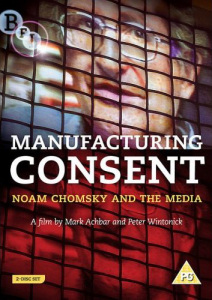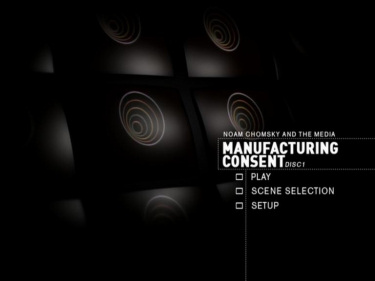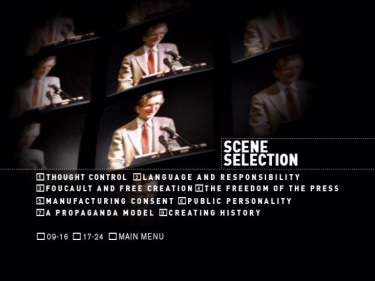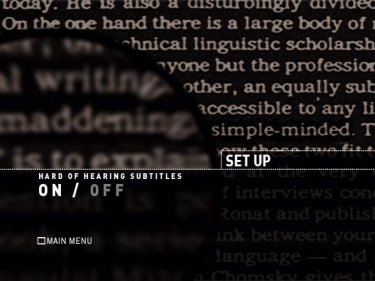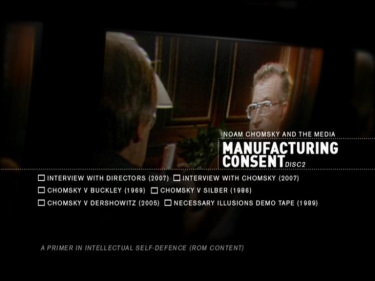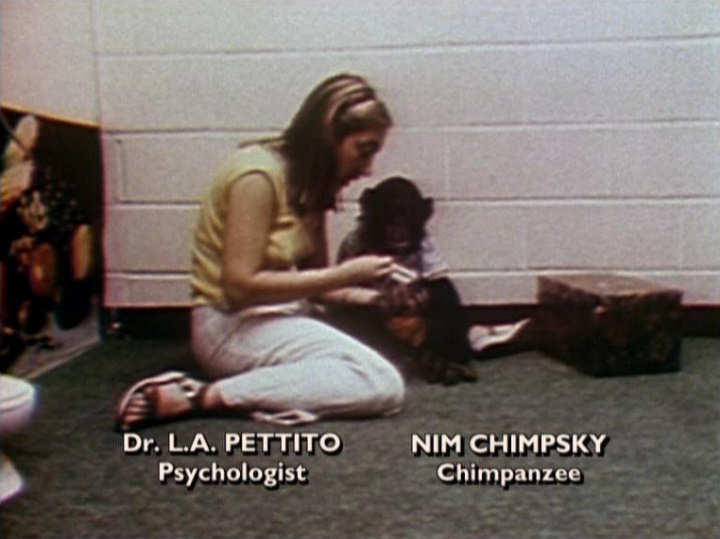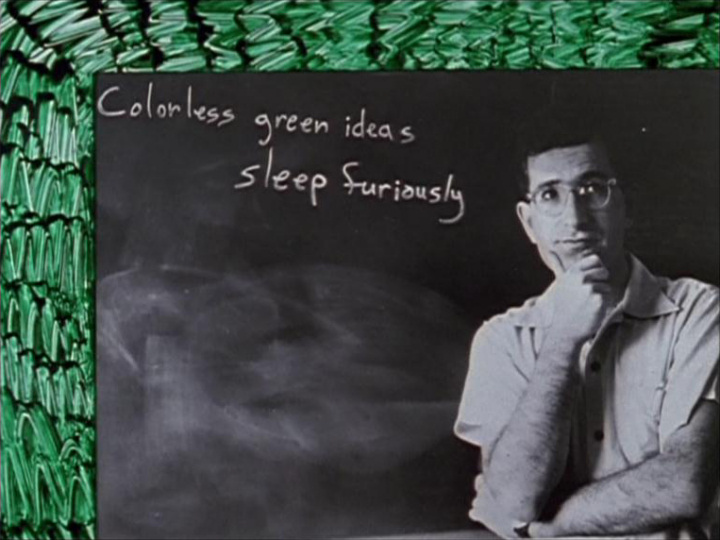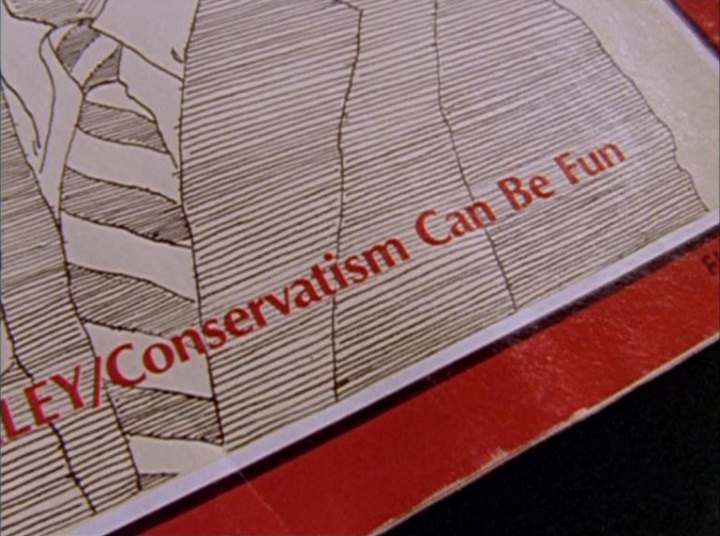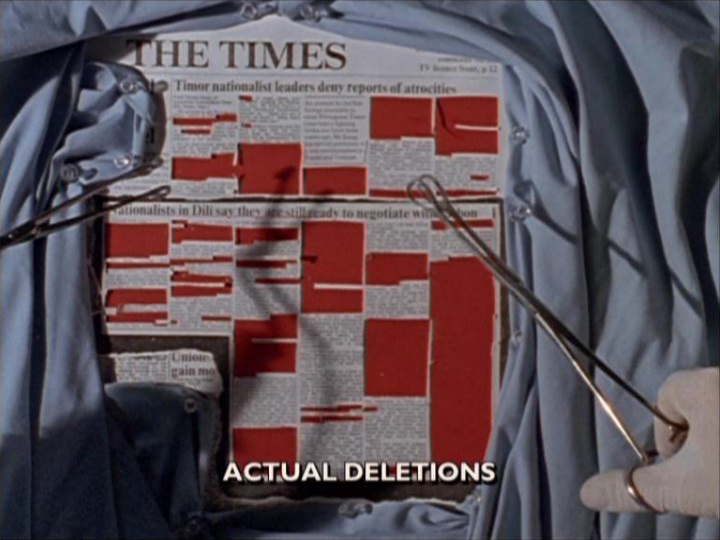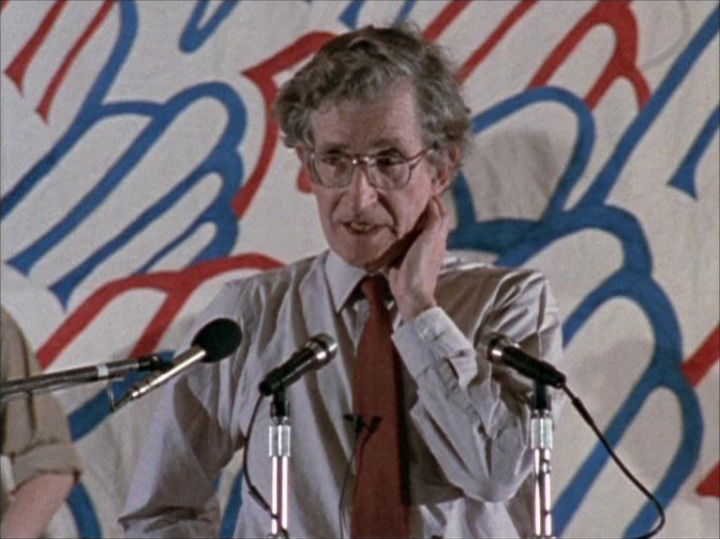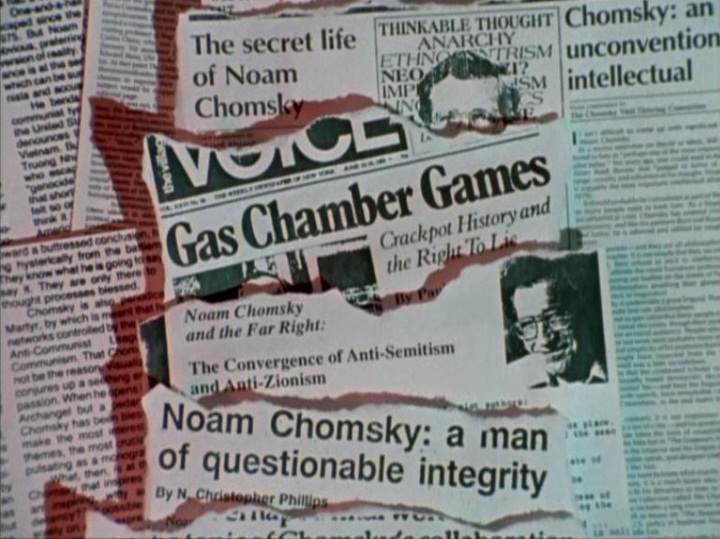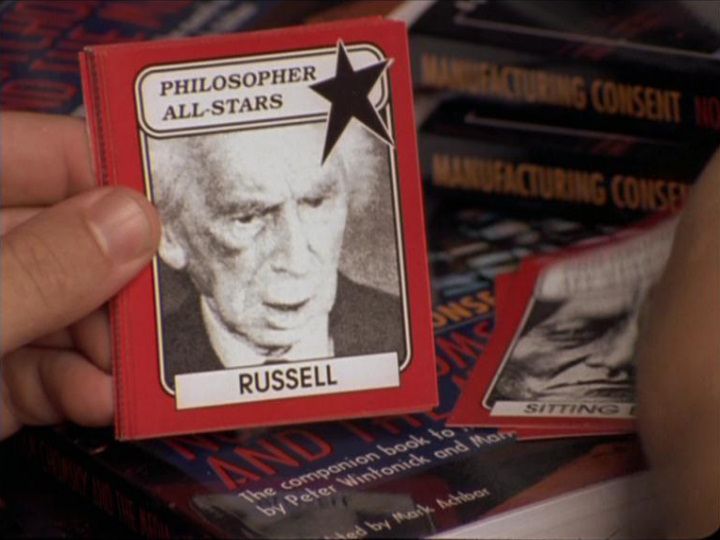![]()
![]()

![]()
![]()
|
Search DVDBeaver |
S E A R C H D V D B e a v e r |
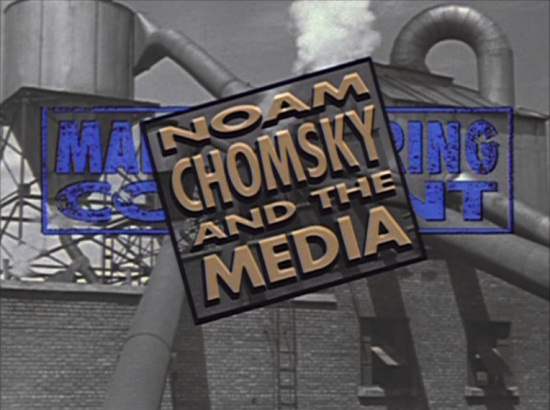
directed by Mark Achbar and Peter Wintonick
Australia//Finland/Norway/Canada 1992
|
The natural audience for this long but thoroughly engrossing documentary is North America, since it was made to give Chomsky and his radical ideas the kind of profile the US press and broadcast media routinely deny him. None the less, this is useful as an introduction to the man himself (his Depression childhood, his rise in linguistics, his radical activism) and even more valuable as an anthology of his political campaigns and major debating skirmishes. The film-makers avoid a 'voice-of-authority' commentary, allowing cutting and juxtapositions to carry the arguments and dialectics forward. More's the pity, then, that they sometimes fall back on tabloid-style gimmickry to get points across, none of which is necessary to bolster Chomsky's largely incontrovertible arguments. A decent, civilised piece of work. |
Theatrical Release: November 6th, 1992 (Australia)
Reviews More Reviews DVD Reviews
DVD Review: BFI - Region 2 - PAL
| DVD Box Cover |
|
CLICK to order from: |
| Distribution |
BFI Region 2 - PAL |
|
| Runtime | 2:40:30 | |
| Video |
1.33:1 Original Aspect Ratio |
|
|
NOTE: The Vertical axis represents the bits transferred per second. The Horizontal is the time in minutes. |
||
| Bitrate |
|
|
| Audio | English (Dolby Digital 2.0) | |
| Subtitles | English, None | |
| Features |
Release Information: Studio: BFI Aspect Ratio:
Edition Details: Chapters 24 |
|
| Comments |
Before watching "Manufacturing Consent: Noam Chomsky and the Media", I was aware of Chomsky's political activism, but far more familiar with his groundbreaking work in linguistics and philosophy. Fortunately, even my modicum of knowledge of Chomsky's works isn't necessary to approach this documentary. As the directors explained in their interivew on the second disc, they decided to eschew all but the most basic biographical information (what is there focuses mainly on his intellectual development) on Chomsky, and instead spends most of it's nearly three hour run time examining his case against the corporate and political influences that ensnare almost all forms of the media. The film finds its rhythm early on, going from one example to the next of how instances of print and television media twisted the facts or selectively reported on stories in such a manner that they served corporate interests. While Chomsky's argument may sometimes take on conspiratorial tone (a label that he explicitly rejects), it is difficult to find too many faults with the examples that he and the directors present. Moreover, the film has an eerie prescience about it, given that it was released in the early 90s. Since then the internet has revolutionized the way that most Americans receive their news, but despite the open access that this can afford, right wing interests still seem to rule the online domain (see Drudge, et al.). Additionally, the ascendancy of Fox News, a network run by former GOP strategist Roger Ailes, only ensures that the the kind of offenses pointed out by Chomsky now have become a regular part of the American intellectual diet. Indeed, the press has gone so far as to create what can only be called an alternate reality in this country. Never mind that there was no link between Al-Qaeda and Saddam Hussein, that there is ample evidence that Barrack Obama was born in Hawaii, or that as of 2009 the middle class is paying the lowest amount of taxes that it has in several decades, so long as the false mantras are repeated loudly and often enough by those in power (both politically and non-politically), those who follow only one kind of media will be forever fed lies, half truths, and outright omissions. I don't mean to sound as if I am giving the film itself an unreserved recommendation. As I previously noted, some of Chomsky's conclusions sound too far out there, but even here the filmmakers do their audience a service by presenting voices in defense of mainstream media and allowing them their say against Chomsky's argument. Even beyond this, at 167 minutes, the film is overly long and despite my enthusiasm and large agreement with Chomsky's case, by the last 30 minutes or so it felt as if it dragged on. These criticisms aside, this is a wonderful, if mildly dated, documentary and guide for anyone looking to see the corrupting influence that money and power have over the news business.
The film is presented here in its original aspect ratio of
1.33:1. As is commonly found with many contemporary
documentaries (especially those of Michael Moore and his
stylistic offspring), the film uses a variety of original
material interspersed with stock footage and archival footage of
Chomsky. Some of the images are fairly clear, but others are
more muddled. This is clearly a result of their origins and not
from the work of the documentarians or the BFI. While the film
is interlaced, combing is never an issue and I didn't see
anything that could be labeled damage (aside from what was
inherent in the older footage assembled for the film) or
artefacting. |
DVD Menus
|
|
|
|
|
|
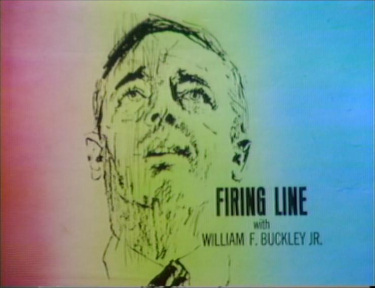 |
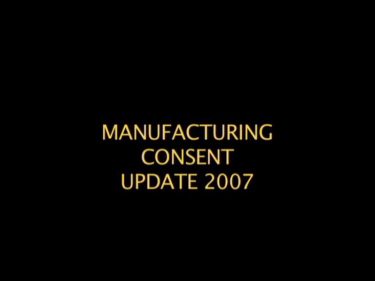 |
Screen Captures
|
|
|
|
|
|
|
|
|
|
|
|
|
|
| DVD Box Cover |
|
CLICK to order from: |
| Distribution |
BFI Region 2 - PAL |
|
![]()
![]()

![]()
![]()
 Search DVDBeaver |
S E A R C H D V D B e a v e r |
